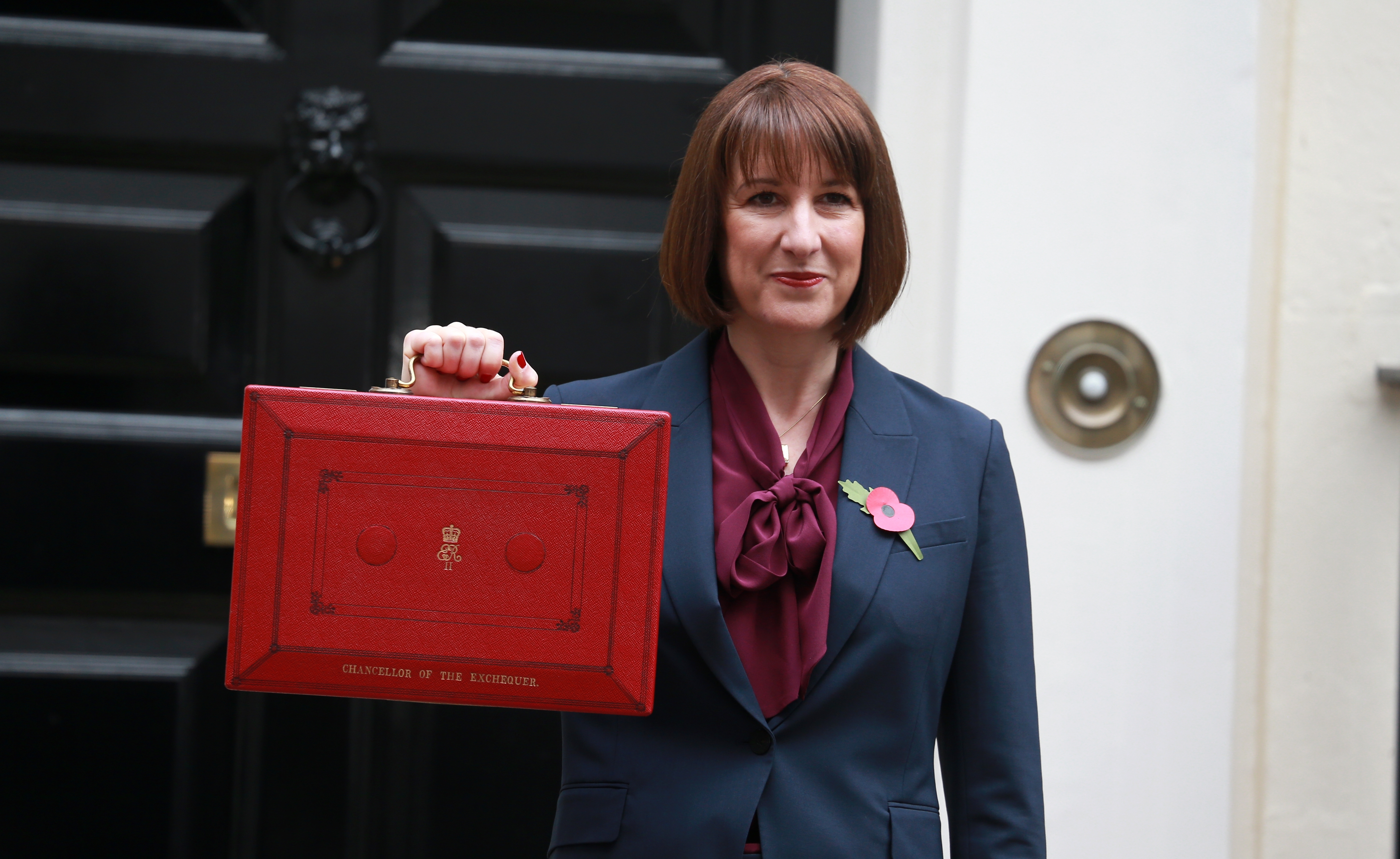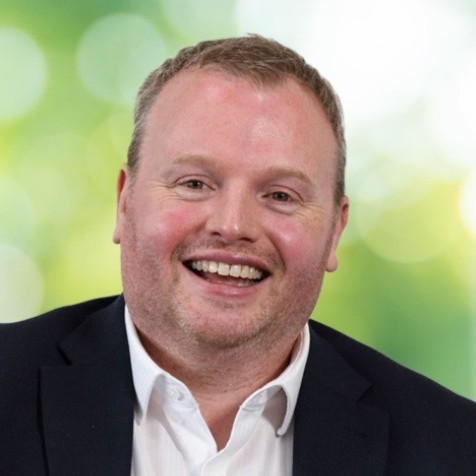17 October 2025
|4 minutes
Pension pots and inheritance tax: time to plan, not panic

Neil Richardson, Dental Regional Manager at Wesleyan Financial Services, breaks down a hot topic among dental professionals…
In her headline-making October 2024 Budget, the Chancellor announced plans that could result in a significant shift to the way pensions are treated after death. From April 2027, unspent pension funds are set to be brought into scope for inheritance tax (IHT) - a move that could impact many in the profession who’ve built up substantial retirement pots.
With the next Budget announcement just around the corner, here’s what you need to consider ahead of potential confirmation of how this proposed change will be implemented.
What’s been proposed?
At present, any funds left in your pension when you pass away can usually be passed on outside your estate, meaning they’re not subject to IHT. This has made pensions an efficient tool for passing on wealth to future generations.
However, under the proposed changes, from April 2027, any unspent pension that’s left to a beneficiary who isn’t your spouse or civil partner could be taxed at 40% if it pushes your estate above the IHT threshold.
That threshold currently sits at £325,000 per person, with an additional £175,000 'residence nil-rate band' available when passing on your main home to direct descendants, provided your total estate is valued under £2 million.
Understandably, this has caused concern for many dentists, particularly those who have worked hard to grow their pension over the years, only to now find it could become part of their taxable estate.
A time for awareness – not panic
While this planned change might sound worrying, it’s important not to make hasty decisions. At the time of writing, only draft legislation with details of how this policy will work has been published, which is subject to further change. The direction of travel may be clear, but the exact route is not yet set in stone.
Some may be tempted to withdraw pension funds early to avoid future tax charges. However, doing so could lead to unnecessary income tax liabilities, especially for higher and additional rate taxpayers. In many cases, the tax bill you face now could be comparable to, or even greater than, the future IHT charge.
Now is not the time for knee-jerk reactions. Instead, it’s an opportunity to pause, reflect, and plan sensibly based on the information we currently have.
What can you do now?
If your estate is already over the IHT threshold – with or without your pension included – then it’s wise to begin planning now. There are a number of legal and strategic steps you can take to reduce a future IHT bill, including gifting, trusts and life cover written in trust. But for everyone else, especially those who may only breach the threshold when pensions are brought in from 2027, it might be more sensible to wait until the policy is finalised.
That doesn’t mean doing nothing. This is a timely opportunity to work with a Dental Specialist Financial Adviser to build a clear picture of your finances. They can help you assess your projected income in retirement, model different scenarios based on your estate’s value, and guide you through options that suit both your lifestyle and your legacy plans.
Planning for the future you deserve
Dentistry is a career built on years of training, dedication and long hours, and your pension is one of the rewards for that effort. With change on the horizon, it’s never been more important to understand how your pension fits into the bigger financial picture.
When the time comes and the new rules are confirmed, make sure you’re ready to act from a position of knowledge, not pressure.
Stay informed
Our team will be delivering a same-day Budget update, highlighting what matters most for dental professionals. Get insights, expert commentary, and actionable next steps – delivered straight to your inbox.
As always, please bear in mind that inheritance tax planning is not regulated by the Financial Conduct Authority. Tax treatment depends on your individual circumstances and may be subject to change in the future.

By Neil Richardson
Dental Regional Manager at Wesleyan Financial Services
